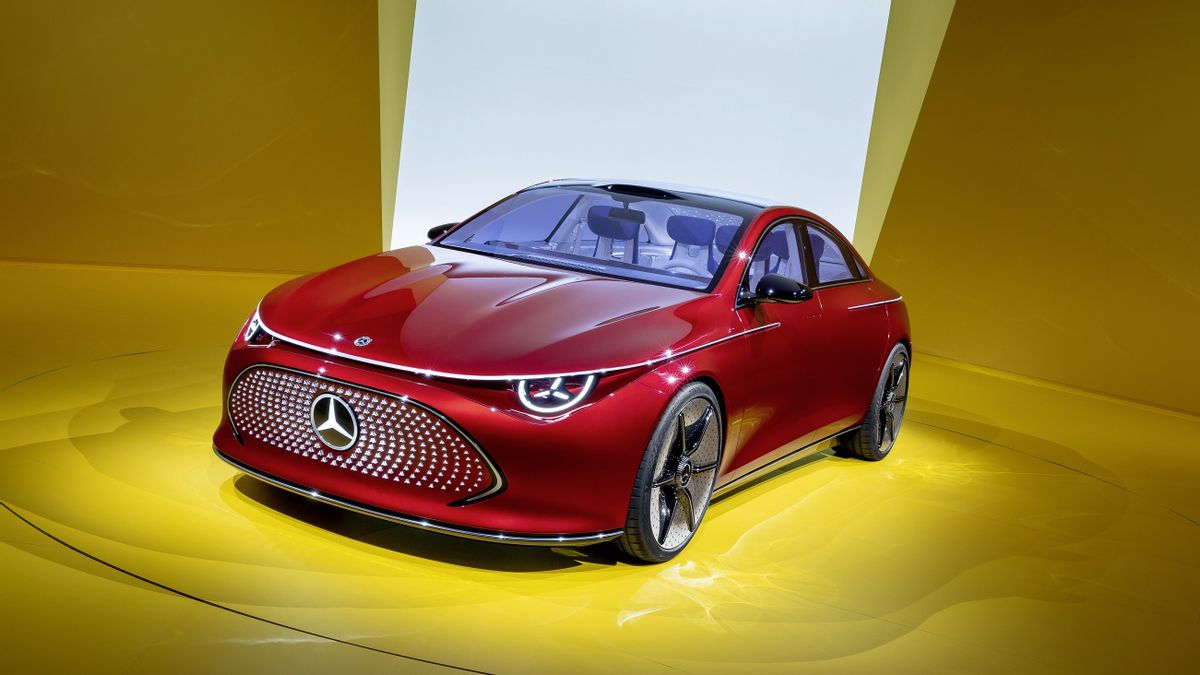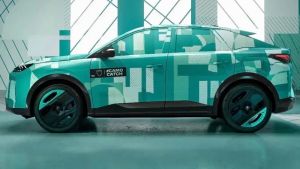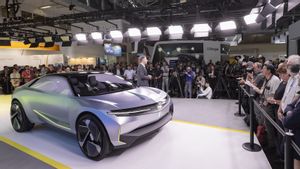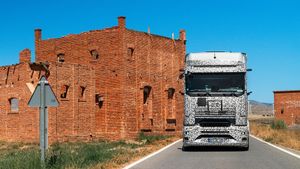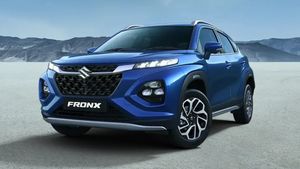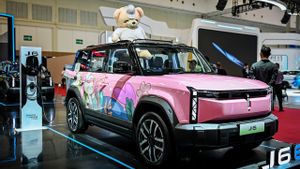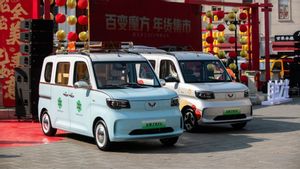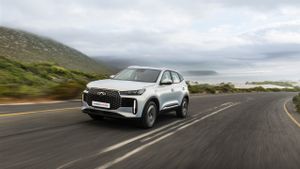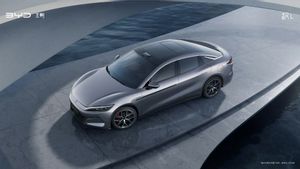JAKARTA - Currently, the development of electric vehicles is experiencing rapid growth, with various manufacturers gradually introducing the latest EV models.
Manufacturers from China also play a role in competitive competition in this segment by presenting high-tech electric vehicles but the difference is that they come at a more affordable price.
Meanwhile, European manufacturers such as Volkswagen also want to compete in presenting more affordable electric vehicles, such as the ID. 2all concept. However, it is estimated that the production cost of electric vehicles will remain high in the future when compared to combustion engine vehicles.
Meanwhile, Ola Kallenius, CEO of the Mercedes-Benz Group, revealed that presenting affordable electric vehicles is a tough challenge at this time. He explained that variable costs for producing electric vehicles will continue to increase in the future, including battery production costs, software development, and other electric components.
"variable fees for electric cars are higher. This will still happen in the future," said Kllenius as quoted by Reuters, Monday, September 4.
Kallenius stressed that this is driving stiff competition in the market, and therefore, the Mercedes-Benz group seeks to optimize fixed costs and allocate resources carefully in order to achieve profitability that is comparable to electric vehicles such as combustion engines.
اقرأ أيضا:
Recently, Mercedes-Benz also announced its latest CLA-Class concept at the IAA Mobility 2023 or Munich Motor Show 2023. This preview model marks the first step in Mercedes' journey to the era of electric vehicle renewal and is an important milestone in the company's plans to dominate the electric vehicle segment in the future.
The CLA-Class concept will form the basis for a series of new entry-level models from Mercedes-Benz, including four-door coupe, shooting brake (wagon), and two luxury SUVs with significant performance improvements.
According to Mercedes-Benz claims, the CLA-Class concept is referred to as "Hypermier" because it is able to reach a distance of more than 750 km according to the WLTP cycle with an energy consumption of about 12 kWh/100 km. The capacity of the CLA-Class battery is estimated at 89.6 kWh.
To drive it, CLA will use an MB.EDU electric motor that is integrated with electric motors, two acceleration transmissions, inverters, and other electric components. This allows these drivers to lose weight to about 110 kg and generate up to 235 dk of power, thanks to the more efficient use of metals compared to previous Mercedes drivers.
The English, Chinese, Japanese, Arabic, and French versions are automatically generated by the AI. So there may still be inaccuracies in translating, please always see Indonesian as our main language. (system supported by DigitalSiber.id)
